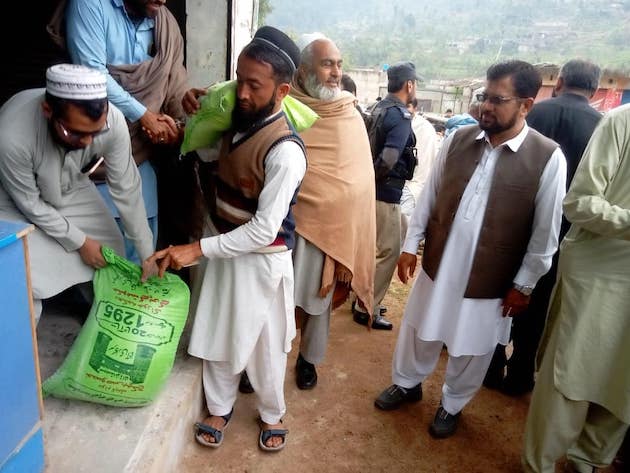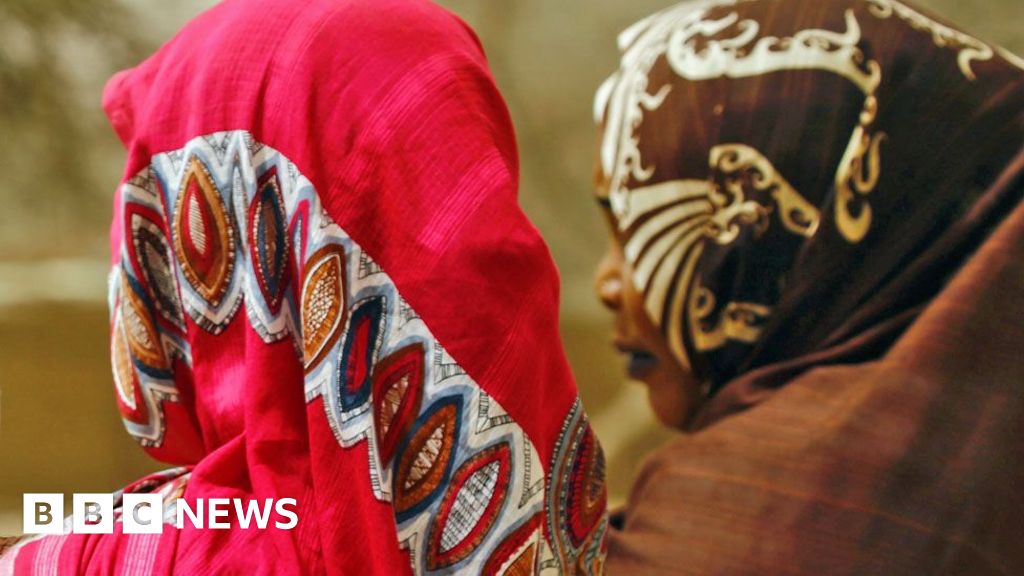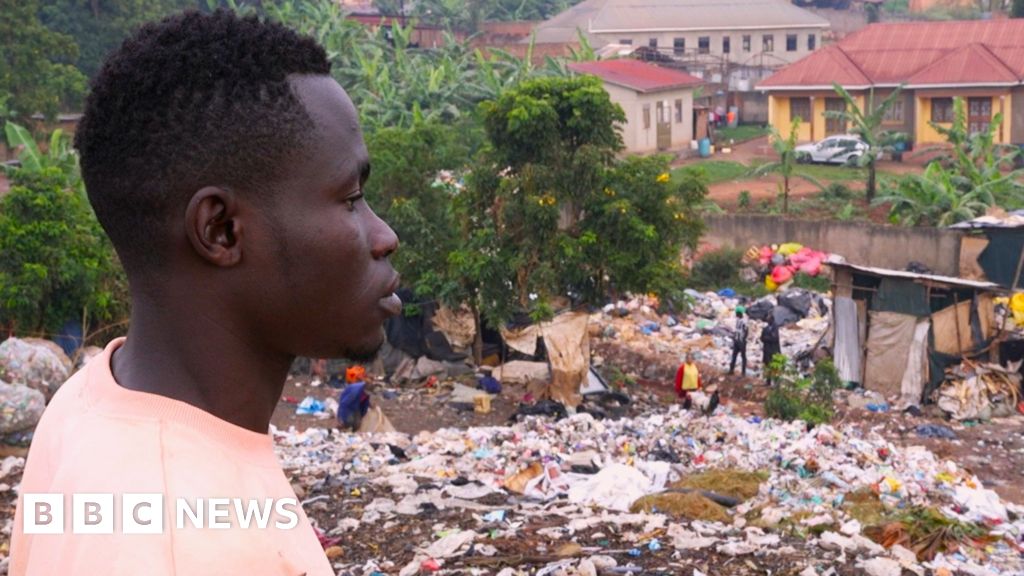new internal displacement law ‘much-needed step’ towards restoring hope and dignity — Global Issues
The action taken by the National Congress will help with the more than 247,000 Hondurans who have been displaced by violence, 55 per cent of whom are women and 43 per cent children and adolescents.
“This law on internal displacement is a much-needed step towards restoring their dignity, hope and rights,” said UN High Commissioner for Refugees Filippo Grandi.
Lives torn apart by violence
On a recent trip to the country, he recounted “devastating testimonies of people whose lives have been torn apart by violence and criminality”.
In addition to creating an institutional framework through the National Response System to Forced Displacement, the new law establishes prevention mechanisms for forced recruitment, criminal exploitation of children and youth, and other challenges.
With 46 per cent of displaced students having suspended their education or being barred by gang violence from returning to school, the act also envisages the creation of educational reintegration protocols.
© UNICEF/Andriana Zehbrauskas
While walking home from school in Yoro, Honduras, the 13-year-old girl in the middle was grabbed, thrown into a van, beaten, raped and released one hour later.
Provisions of the law
As three quarters of the displaced population need material support, humanitarian assistance is another pillar of the legislation.
At the same time, 85 per cent of those displaced who have reported impacts on their health also expressed the need for mental health services.
As such, the new legislation strengthens inclusion in mental health programmes.
Moreover, the Inter-institutional Commission for the Protection of Persons Internally Displaced by Violence, said that 68 per cent of displaced homeowners had their properties appropriated, destroyed, or were forced to abandon or sell them, while only 32 per cent managed to keep their properties after displacement.
This legislation establishes a protection mechanism for abandoned housing, land and property, being the first legal tool in the country of this nature.
“Now that it has been adopted, I encourage the authorities to expedite its implementation,” Mr. Grandi underscored.
Making progress
Although the Law has yet to be sanctioned by President Xiomara Castro, the legislation stands as an example of the progress made in Central America and Mexico to protect and provide solutions for those forcibly displaced, within the Comprehensive Regional Protection and Solutions Framework, whose member States gathered in Tegucigalpa last week.
UNHCR together with partner agencies will continue to support the Government of Honduras in responding to and preventing forced displacement.
Check out our Latest News and Follow us at Facebook
Original Source







